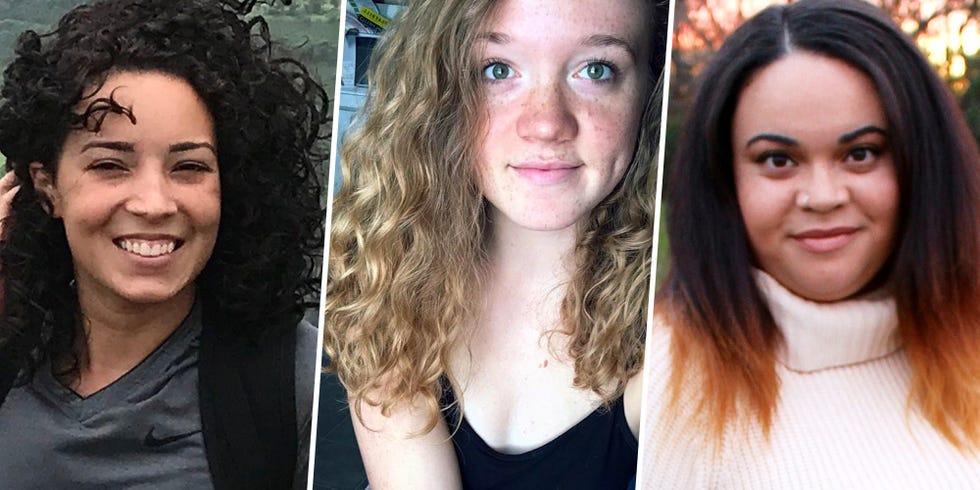Thoughts on Identity: Who is Hapa?Posted in Articles, Asian Diaspora, Autobiography, Campus Life, Identity Development/Psychology, United States on 2018-03-18 21:26Z by Steven |
Thoughts on Identity: Who is Hapa?
The Daily Gazette: Swarthmore College’s daily student newspaper. Founded 1997.
Swarthmore, Pennsylvania
2016-04-29
The first time that I consciously considered my multicultural background was in fifth grade when a friend jokingly announced to the class that I was both a Jap and a Nazi. At the time, I laughed along with the class, but I later asked my father what they meant by “Jap” after school. He was vague and kind in answering, but I understood. I knew that my dad was Japanese and that my mom was Caucasian, mostly German, but I never saw myself as really either, or even both. Being mixed race wasn’t something I thought about at the time, but I have never since forgotten.
My parents often tossed around the word “hapa” in reference to my sister and me. They picked up the term back when they were in college in southern California where people often describe anyone who is half-Asian as “hapa.” Growing up, I naturally adopted the word without much thought. But after I entered high school, I began to question what exactly I considered to be my personal identity.
I started the cultural club, Hapa, with the intention of creating a space for people that similarly identify as mixed race and Asian. When I first came to Swarthmore, I was surprised that there wasn’t a community for students from multicultural and multiethnic backgrounds. Everyone in SAO (Swarthmore Asian Organization) was kind and welcoming, but I didn’t feel completely comfortable; I didn’t see anyone like myself in the people around me…
Read the entire article here.








